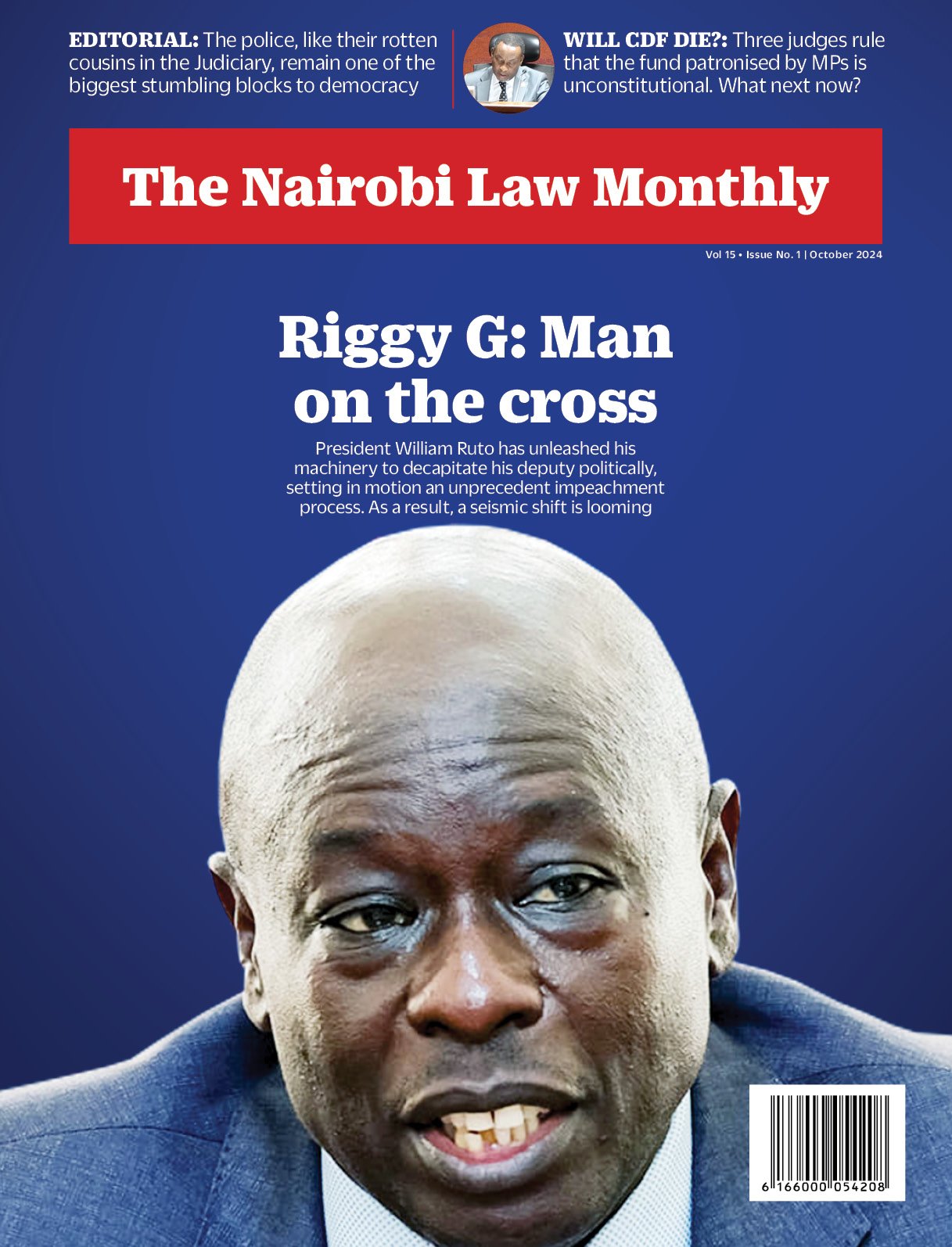By David Onjili
Kwame Otiende is a UK based Kenyan political economist, and the proprietor of The Jago Dalston. A graduate from the School of Oriental and African studies, a constituent college of the University of London, Kwame holds degrees in Development Economics and Politics and an MSc in management from Sussex University.
The Jago is a live music venue and community arts space located on Kingsland Road in Dalston, London UK. It features live music, performances, workshops and community-led initiatives. The building traces its roots to the late 1800s when it was a printing press for the Hackney Gazette. The building later changed ownership ultimately ending up as the famous Passing Clouds before it finally became The Jago in 2018.
Kwame’s formative education fashioned him into his love for the arts – a year at Namasagali College in Uganda, which is primarily a drama and arts school, along with his deep involvement in the Kenyan Music Festivals while a student at M.M Shah Primary School in Kisumu. He would relocate to the United Kingdom to join his family in his late teens.
Upon graduation, he joined the British Army. After serving his time, Kwame has continued to consult as a political economist for both the government and private sector in London and outside the UK

What inspired the Jago?
At first, the idea of a restaurant seemed like an interesting hobby. During the 2017 Rugby 7s circuit in London, Kwame and his friends would host after parties for Kenyans to come together and revel. Though his focus was not only Kenyans but the international crowds visiting London for the games, he was inspired by the positive feedback he got, and he moved onto what he terms as ‘warehouse takeover’ – when they would hire an empty warehouse for a weekend and have music, drinks and food. The reception turned out to be amazing. With that was born the idea of having a permanent place for such moments and more.
The Jago is a music and arts space that entertains and platforms all cultures that aren’t mainstreamed. If you love Afro-fusion, Latin music, reggae or jazz, then this is your spot. The Jago was designated as an asset of community value by the local authority in March 2018. This was after a bruising legal battle between the local community and a major corporation that wanted to purchase the building where the Jago is located and put up residential buildings as is common in London’s current property boom and gentrification. Although the Jago is a live music and arts space that entertains its guests, it is steeped in the community as is evident in the services it delivers. Each month, the local Labour Party hold workshops with the local community at the Jago, with members from the local community offered a chance to ask its leadership questions and offer suggestions into matters affecting their livelihoods.
As the economic effects of the coronavirus pandemic continue to ravage the society, the Jago has partnered with local supermarket stores and charities to collect surplus food and redistribute it sustainably to the local community. The Jago acts as a distribution center for families facing difficulties during the pandemic.
Statista, a data tracking subscription based website, observes that in 2019, 21.71 million trips were made into London by international tourists. Most of these come to visit attractions like the River Thames, the London Eye and Buckingham Palace. Kwame believes that these divergent cultures that reside and visit London is another tourist attraction that needs to be leveraged to drive up tourist numbers. When live music is played at the Jago from the Latino or Caribbean, revelers from different cultures get to mingle and appreciate each other. This is the vision of Kwame’s The Jago.

Life during COVID-19
Just like the many sectors of the economy that have been hardest hit by the global pandemic, the Jago has not been spared. At the moment, each floor of the Jago can only host 30 patrons due to the physical distancing restrictions enforced by government. The operating hours are also limited to 10pm, and not 4am as was the case previously. Having to operate below capacity and for fewer hours with many revelers staying at home, but with the daily operating costs remaining constant has eaten into Kwame’s resources.
What is the future for The Jago?
Kwame says his deep interest in politics means that the venue will continue to advocate for better leadership for the local community. Creatives, through their music and plays, do not just entertain but highlight societal issues that need attention. The venue and idea behind its operations is an eye opener to Kenyan entrepreneurs, and one worth emulating. For example, while many Kenyans take to social media to express and debate bad governance, a concept like the Jago would offer the platform for a much more creative engagement – fusing social debate with art and culture. (


